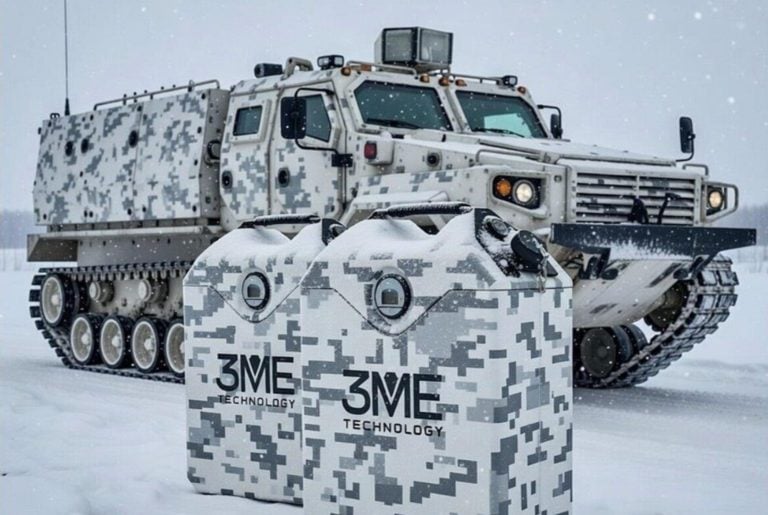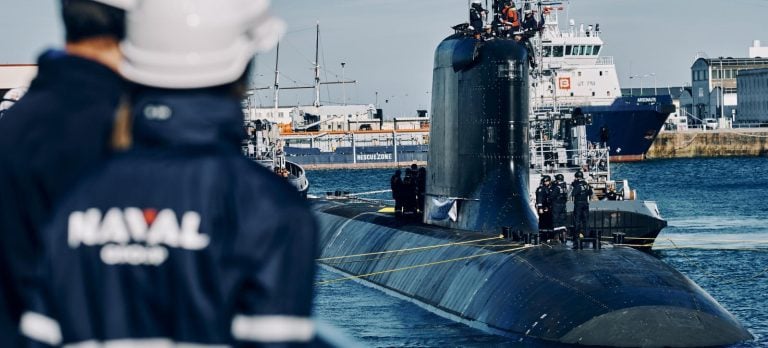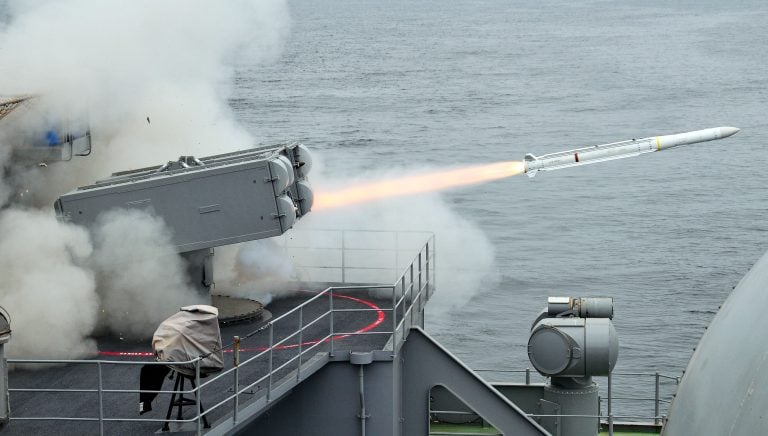The U.S. Navy has awarded a significant $49-million contract to Sev1Tech, a Virginia-based technology firm, to deliver crucial cybersecurity, engineering, and network support for the Naval Information Warfare Center (NIWC) Atlantic. This center, located in Charleston, South Carolina, is instrumental in the development and management of military digital warfare systems that encompass communications, cybersecurity, and intelligence sharing essential for operational effectiveness.
As part of this contract, Sev1Tech will collaborate with the Expeditionary Enterprise Systems and Services Division (E2S2) of NIWC Atlantic. The company’s role will involve providing specialized cyber engineering and network operations services aimed at enhancing the Navy’s information capabilities. This encompasses upgrading and securing systems vital for communication and data integrity within the naval forces.
The scope of tasks included in the contract involves the creation and management of both cloud-based and local IT infrastructure. This also includes developing personnel systems and logistics technologies, which are essential for ensuring optimal network reliability and mission readiness for units, whether stationed domestically or deployed abroad.
The contract is structured to span a base year, with the possibility of four additional extension years, reflecting the Navy’s commitment to comprehensive and continuous support in the realms of cybersecurity and engineering.
Sev1Tech emphasized the strategic advantages this partnership provides to NIWC Atlantic, particularly in enhancing mission support both at home and in diverse operational theaters around the world. Joe Re, the maritime division general manager at Sev1Tech, highlighted the company’s long-standing support for NIWC, stating that for over two decades, they have been delivering reliable solutions that meet mission readiness standards.
Re further underscored the significance of creating cyber-secure systems and networks that not only bolster naval information warfare superiority but also propel modernization initiatives across enterprise infrastructures, cloud architectures, and application migrations for various expeditionary systems and services.







